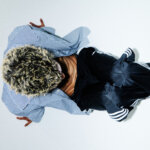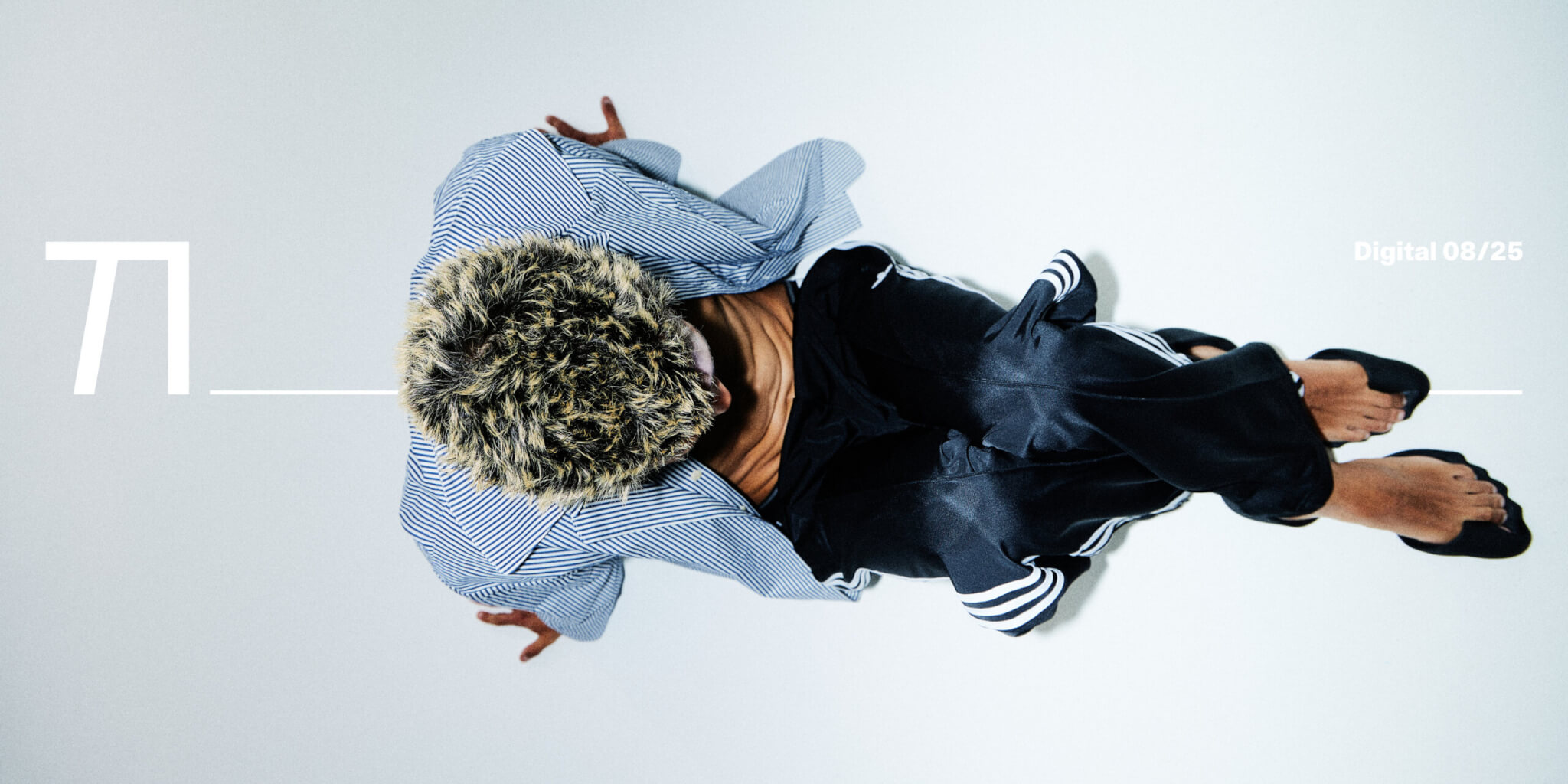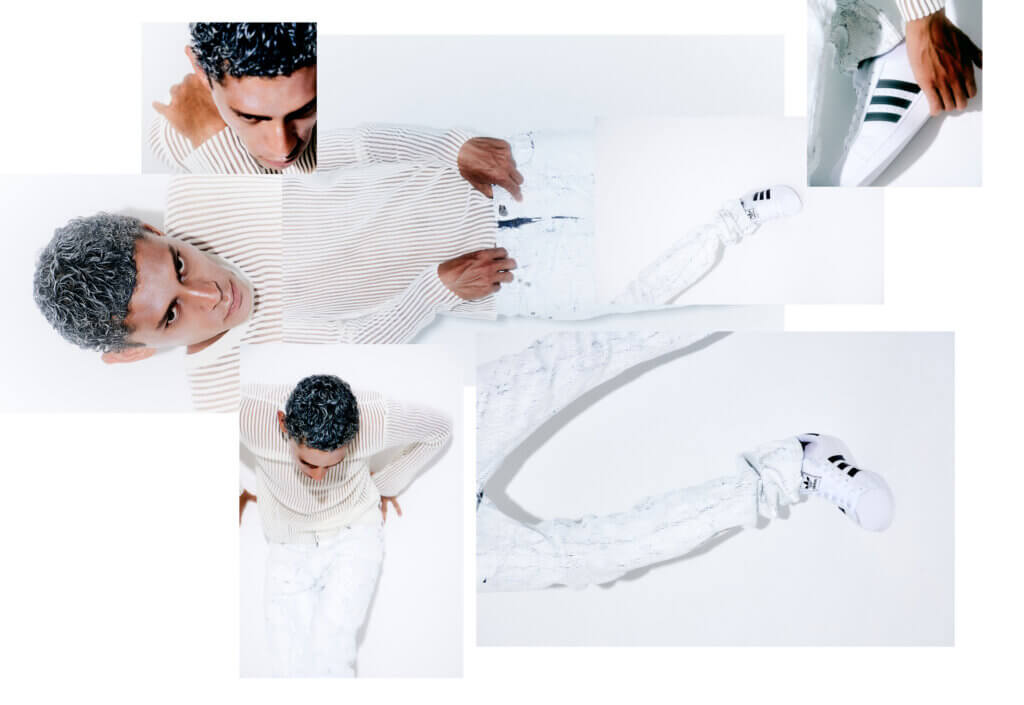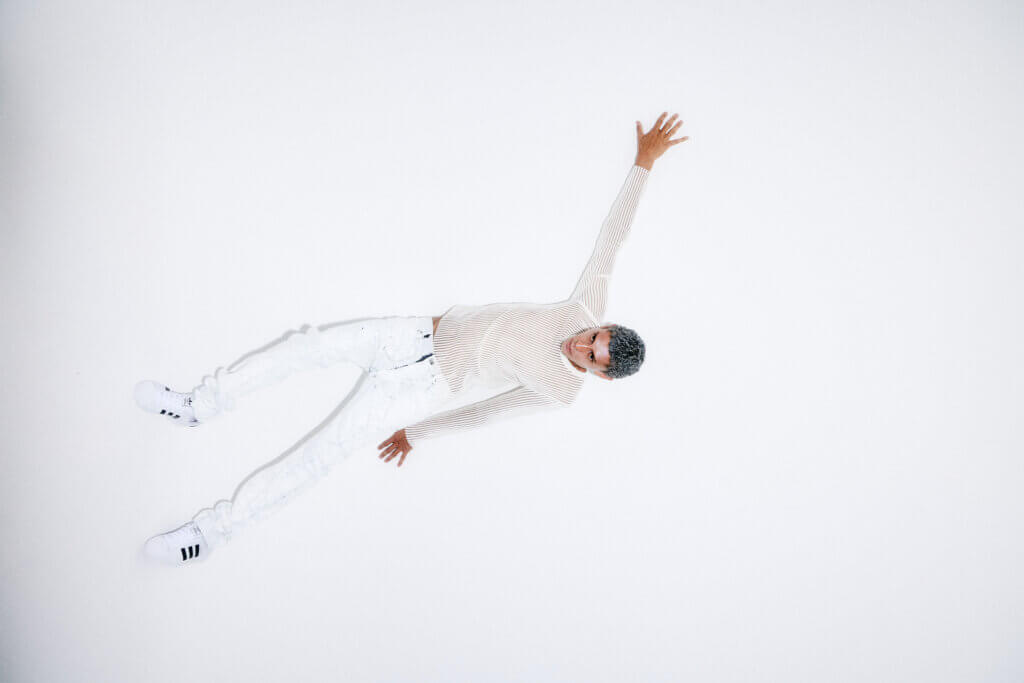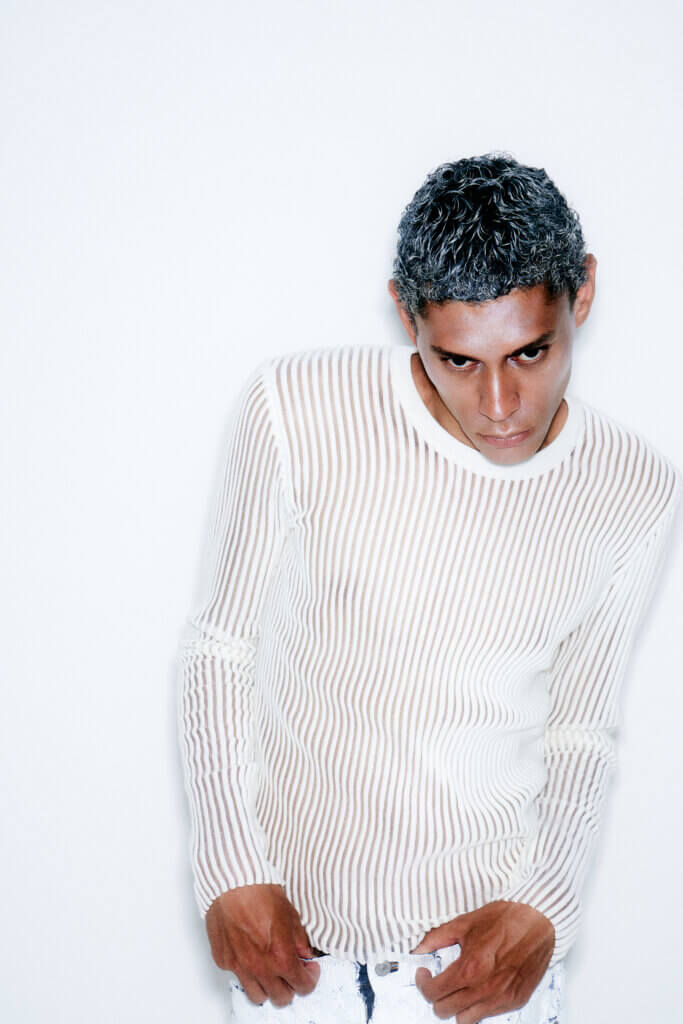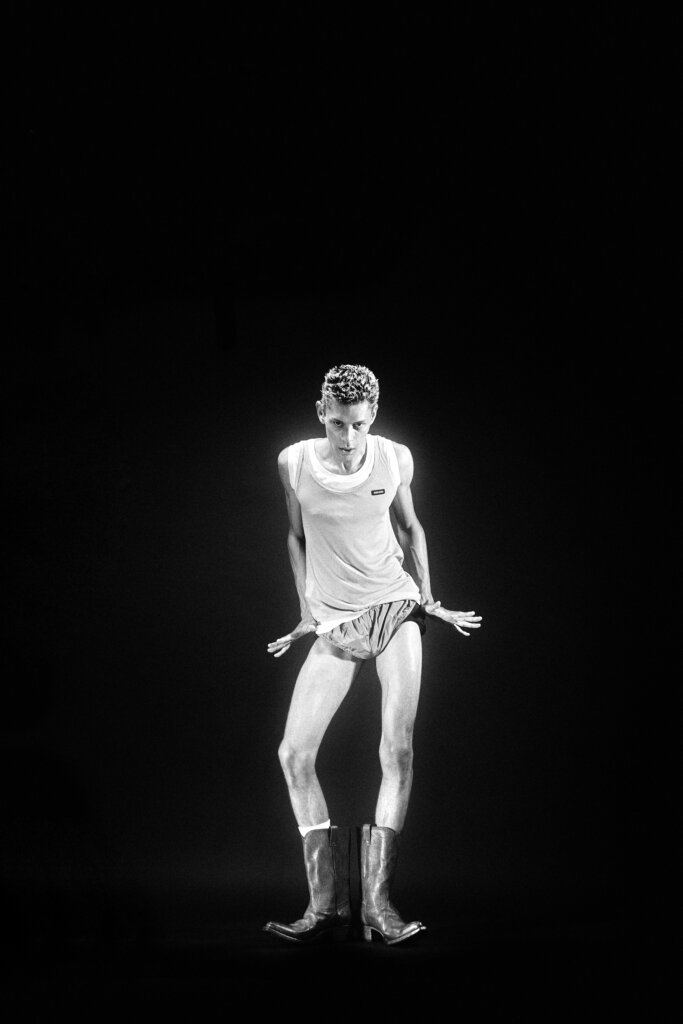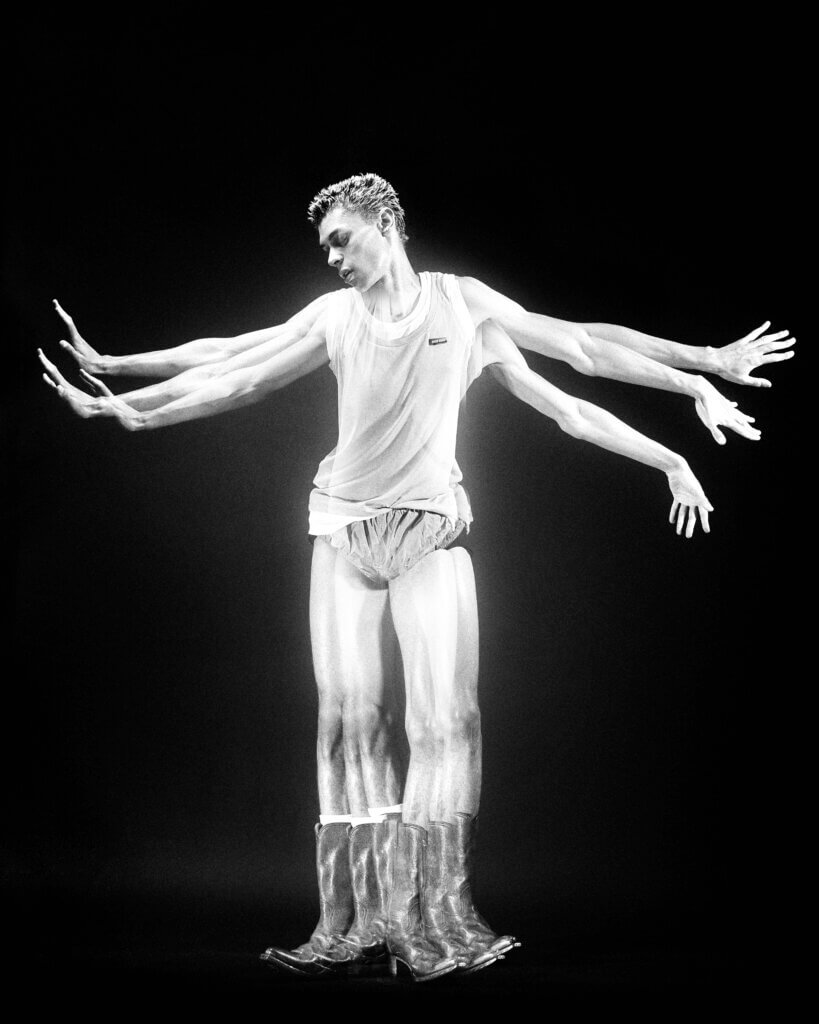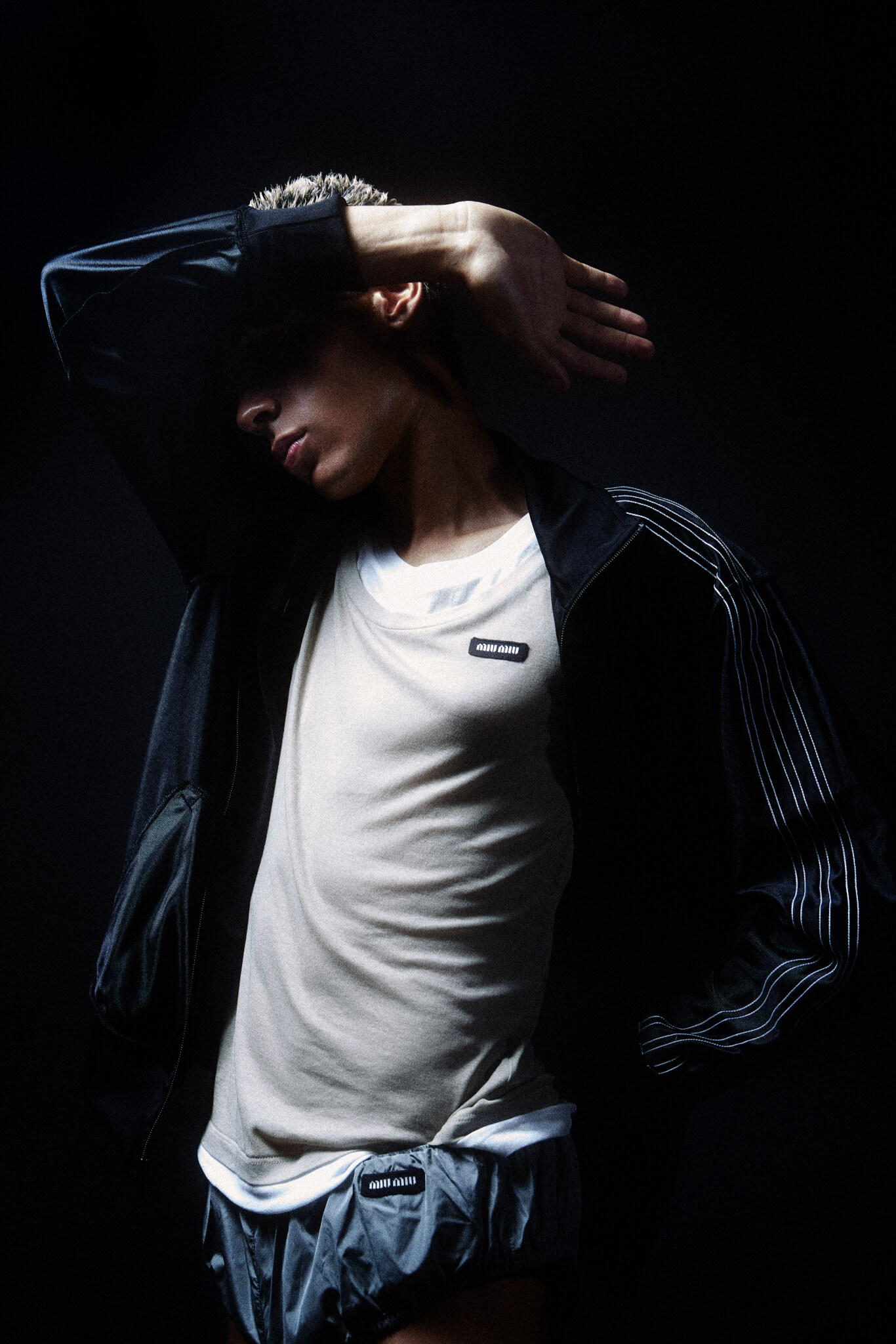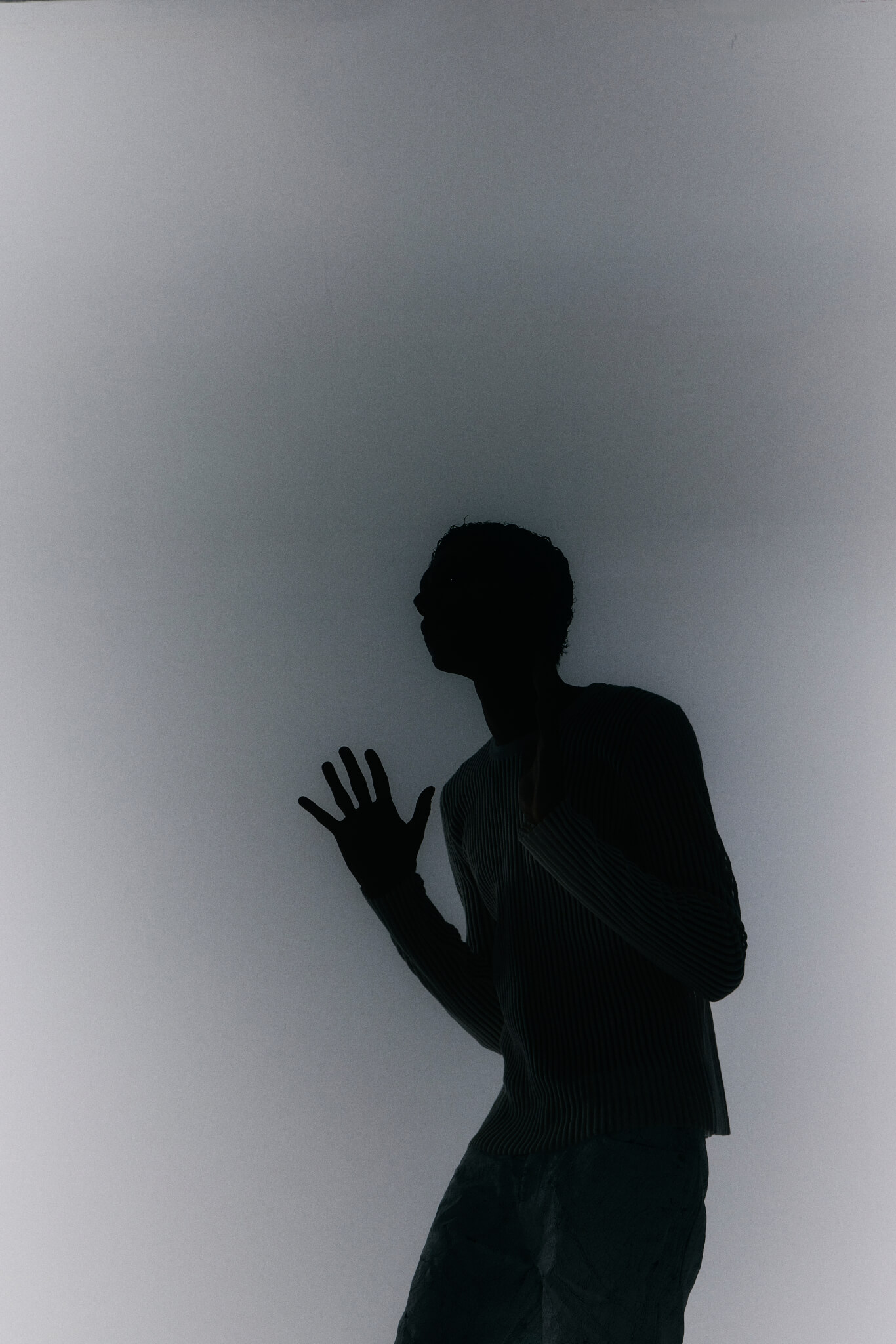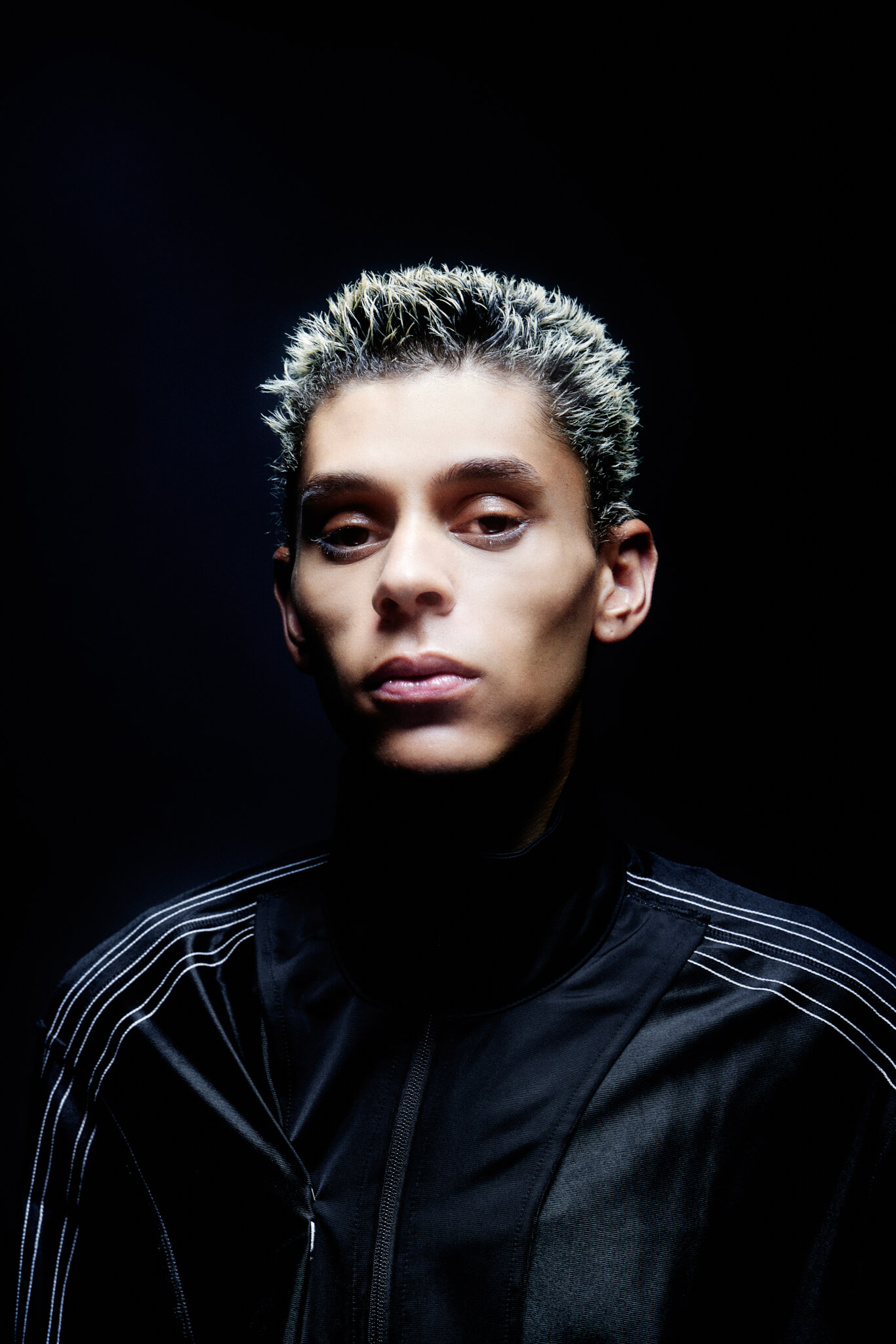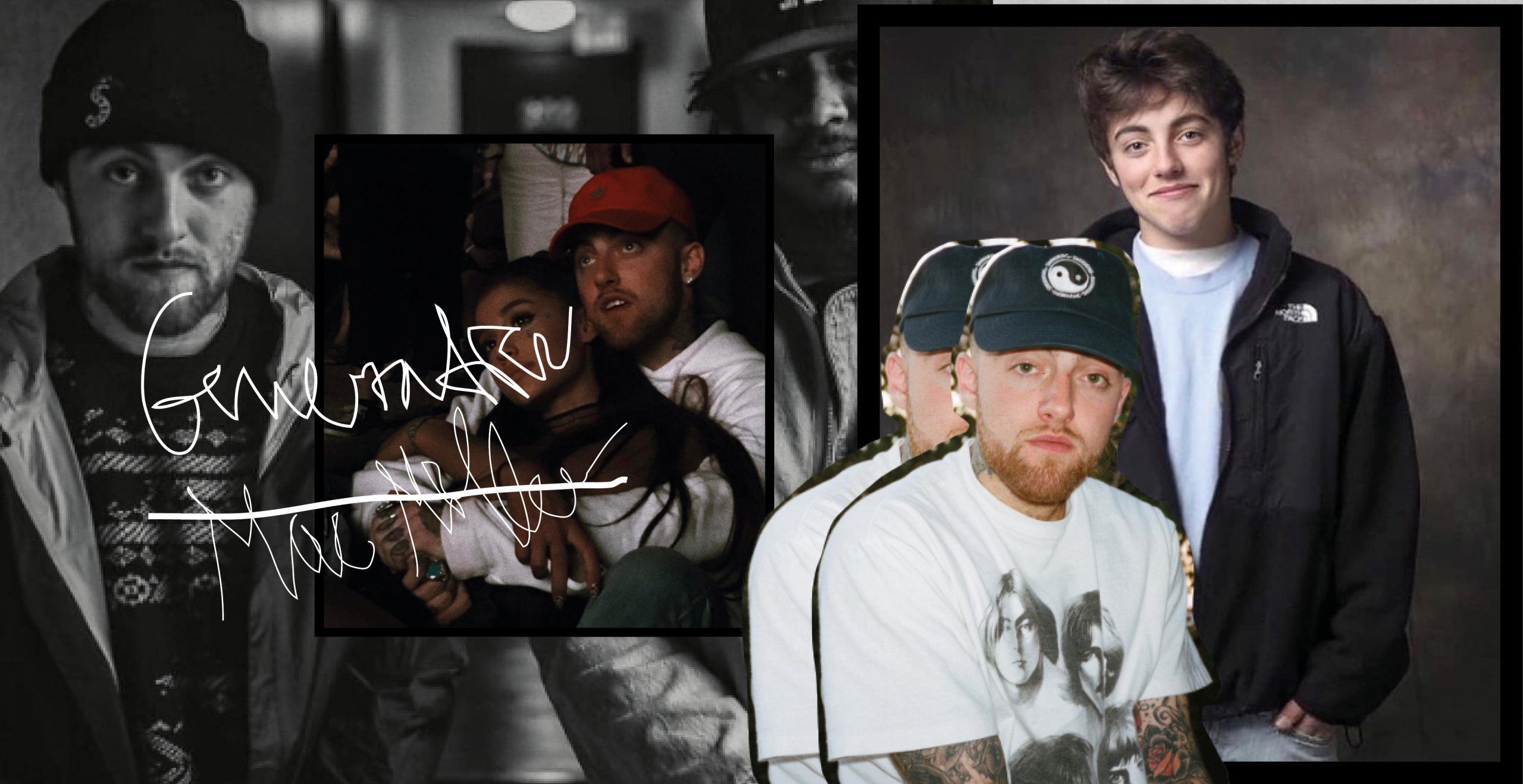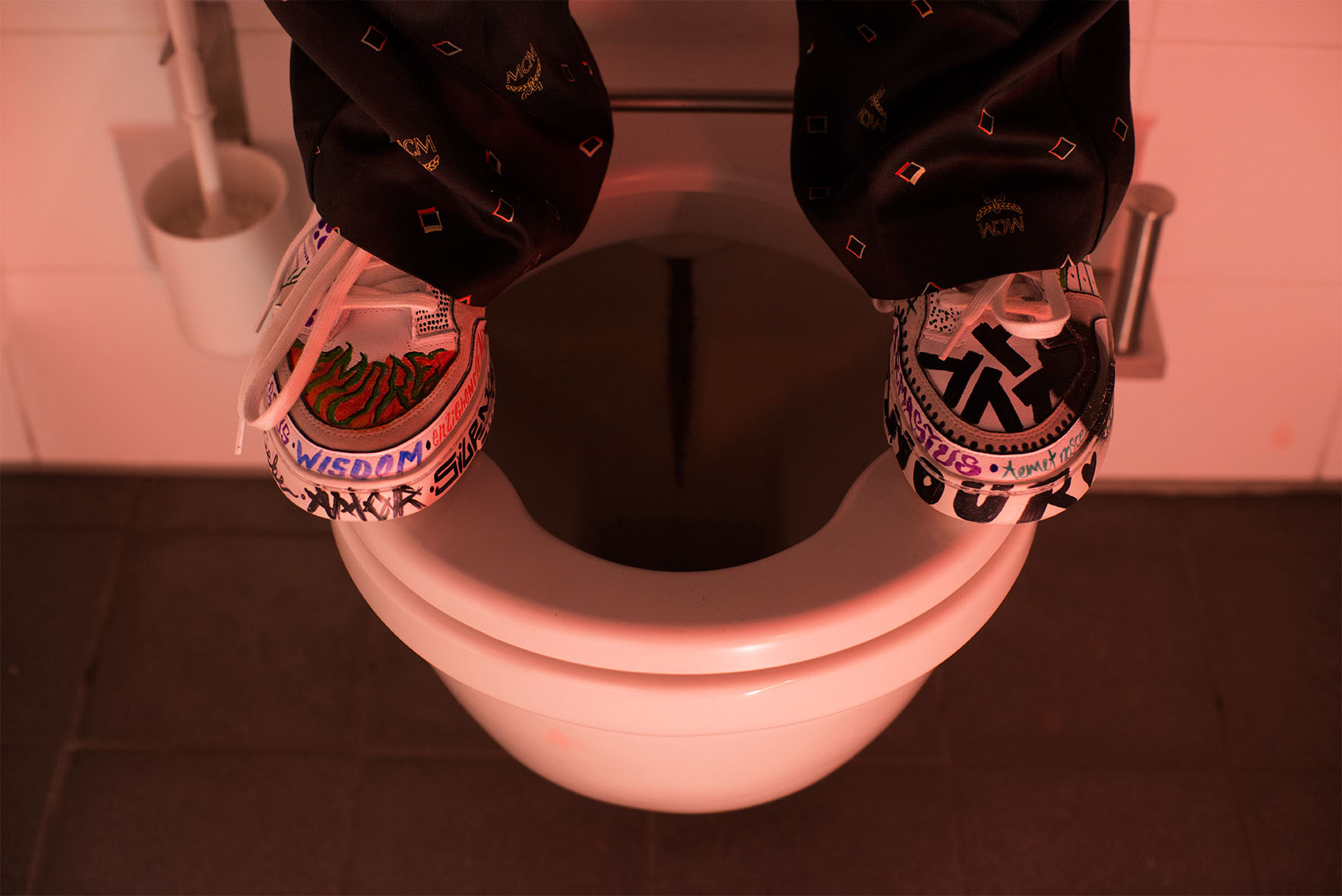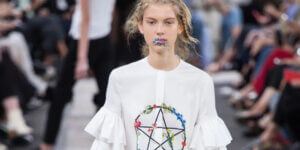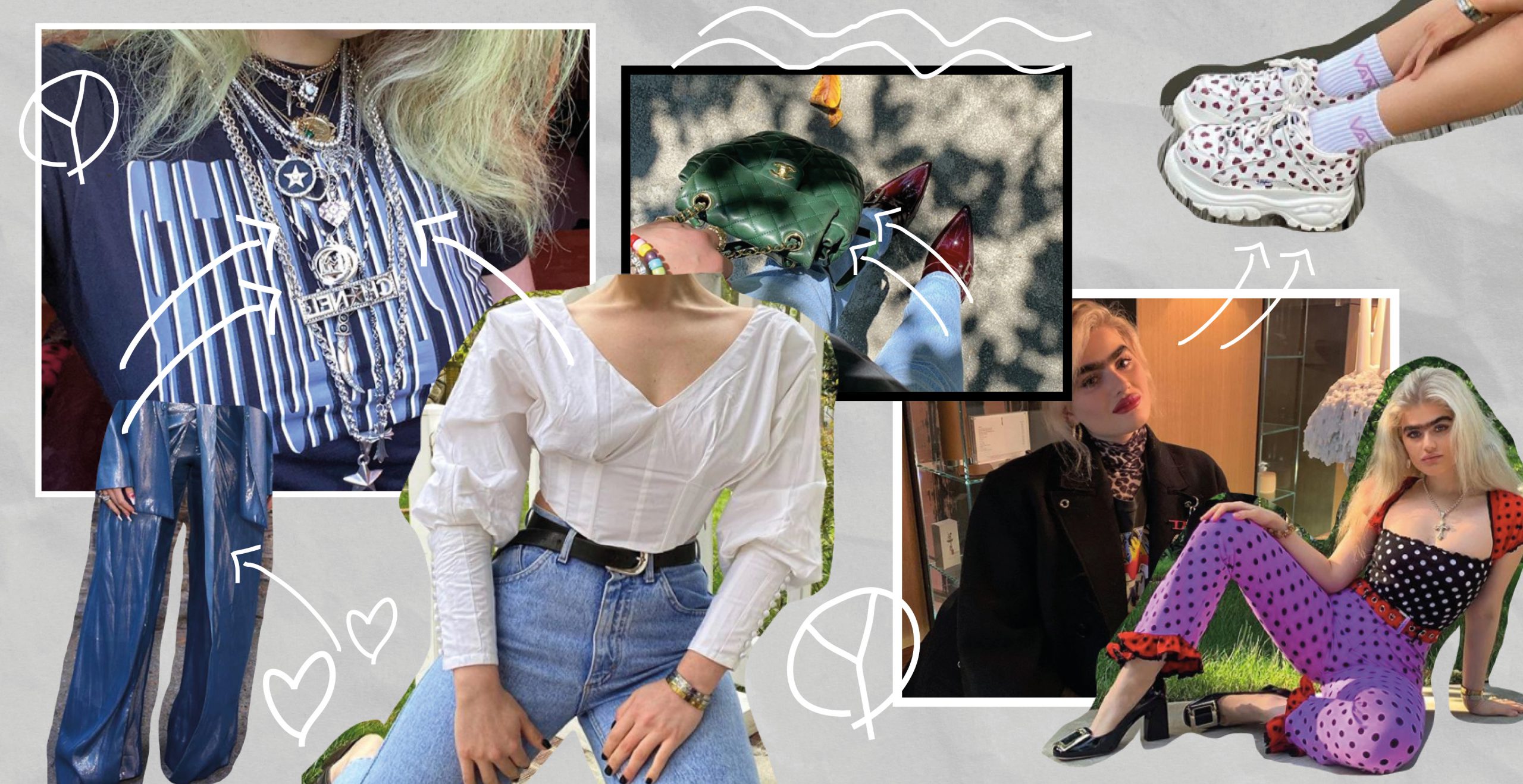It was 9 am at the studio on a hot Berlin day. We met with artist Gavriel for our late summer cover shoot. His energy was calm yet filled with motivation. After reviewing the styling options and getting into H&M, Gavriel was camera-ready. And when the camera pointed at him, he gave us character. The experimental nature of the shoot allowed the artist an opportunity to express his boundless creativity visually. In between shots, moments were caught of singing or dancing as though it flowed out of him naturally, uncontrolled.
Gavriel took a seat in the makeup chair, waiting for the silver dye to develop. Once the conversation about music flowed, the passion behind his words was apparent.
For TITLE’s August digital cover, artists from the Berlin creative scene are in focus. With the goal to show the unconventional approach and innovative edge of Gavriel’s sound, this editorial reflects no boundaries. No boundaries in music. No boundaries in creativity, and absolutely no boundaries in identity.
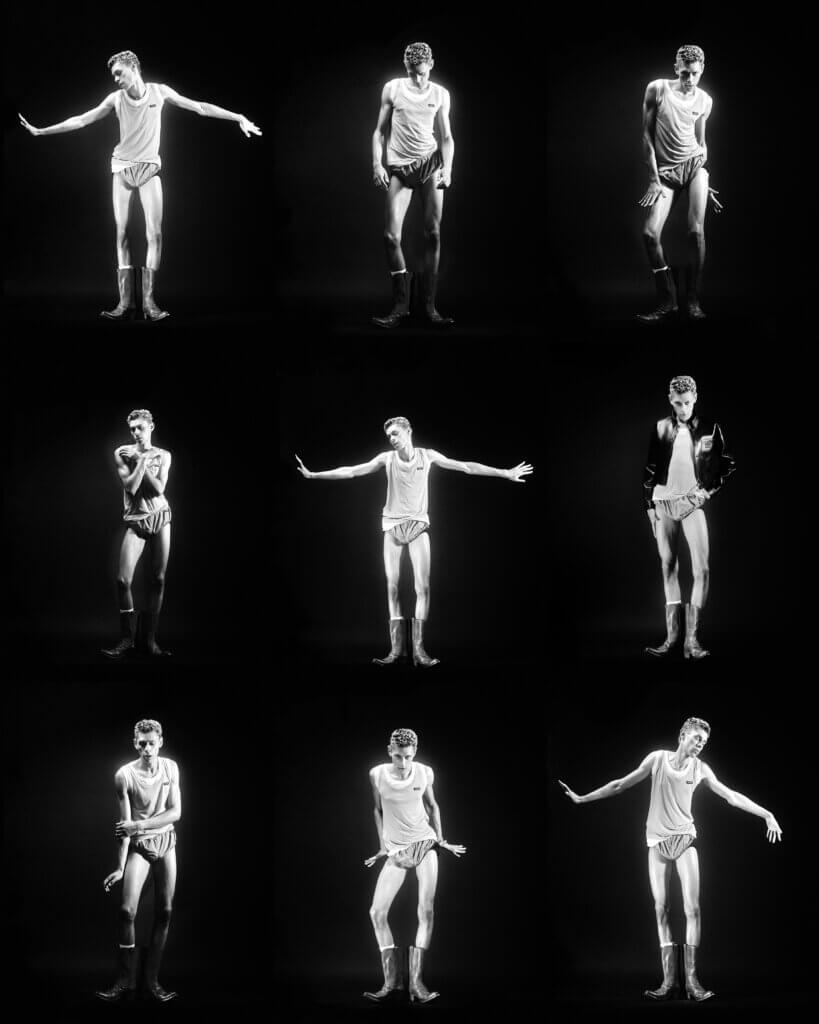
Top & Bottom: Miu Miu
Boots: Prada
Tell us a little about yourself. How would you describe what you do?
Gavriel: I like to capture very obscure feelings, and I like to communicate those feelings with music. I don’t think I’m that good with words, so I like to convey those emotions through music and through creativity.
Is that how you feel that your identity and your personality play into it as well?
Gavriel: I feel people really react to the music that I make because I’ve been on a consistent journey of understanding myself, which will never end. Just being in the situation that I am in, coming from Germany, and having two parents who come from very different backgrounds and cultures, people always tell me, “Oh, you’re basically Californian,” but I’ve been living here in Berlin my whole life. So, trying to really wrap my head around each culture, each genetic heritage, and each location is a never-ending story of self-reflection. The best music is stuff that you create when you’re listening to it, and you can understand yourself a bit better.
Understanding that intersection of culture and identity, having parents and family coming from different places is definitely a difficult part of self-reflection. Do you feel like that meets in your music?
Gavriel: Yeah, for sure. Just analyzing myself as a biracial child. My mom is black and my dad is white. And also having an American household, quasi, but living fully in Germany, it’s just different ways of seeing life. Each way of thinking, when you’re applying it to creating something, gives you a different outcome. My mom’s a comedian, and I feel like I draw from that. And my father’s a judge. Those are very much, respectively, the two sides of me. I’ll be sitting and judging music in the studio, and then I’m going to take it to a nightclub and fucking perform it.
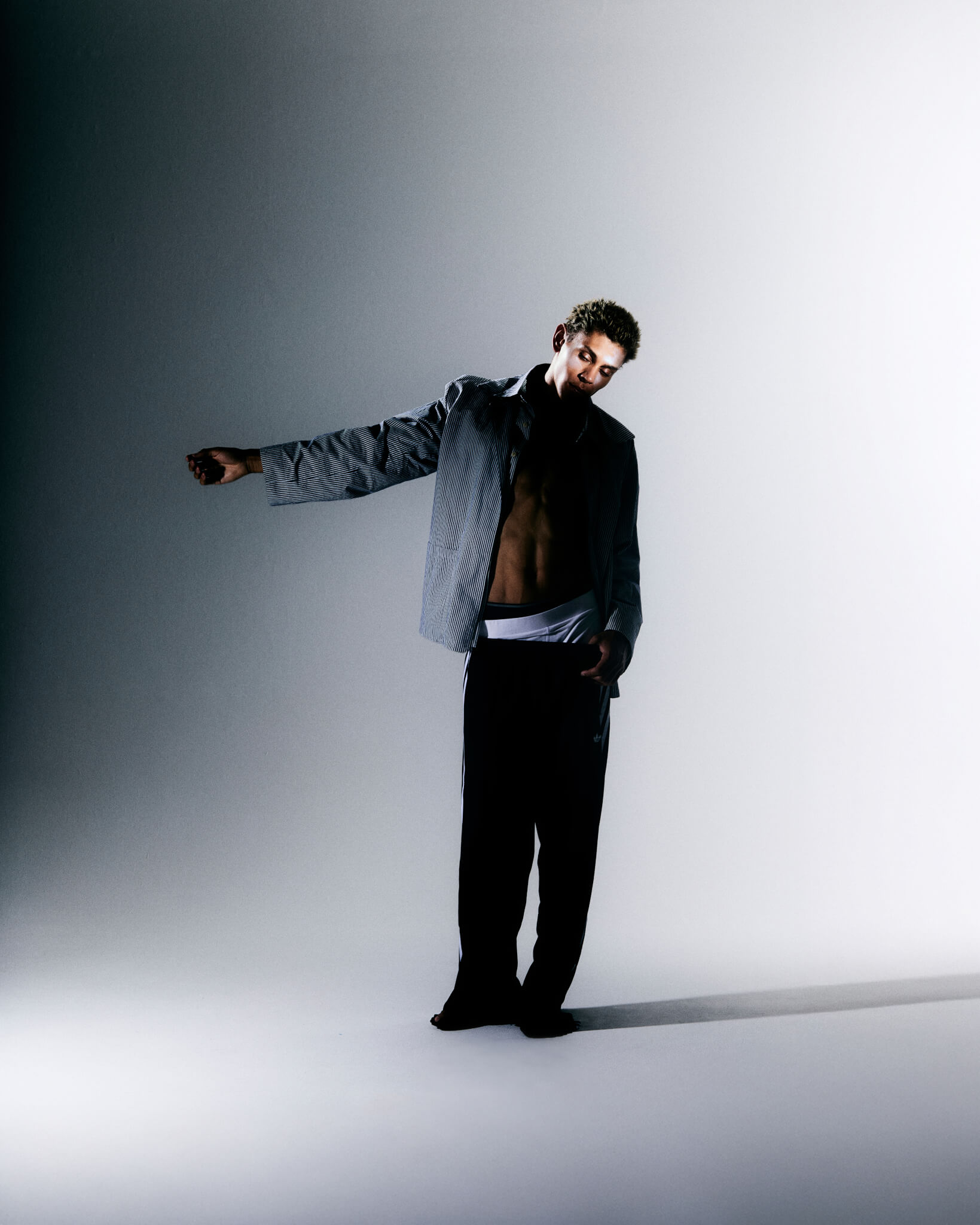
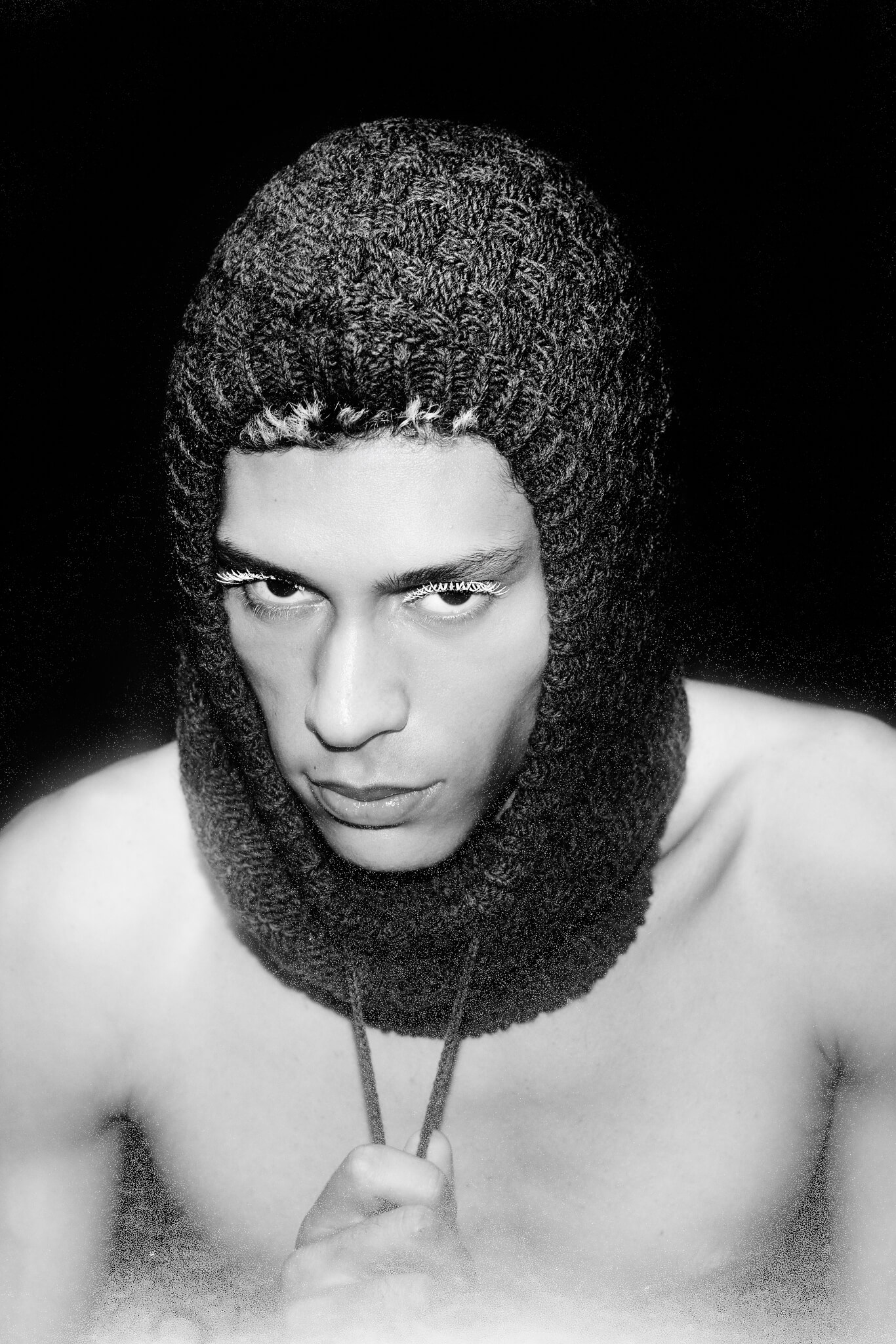
Left Image – Top:Maison Margiela , Pants: adidas, Shoes: Balenciaga
Right Image – Hood: Maison Margiela
You mentioned in a short Instagram video that you have been doing music since you were young. What role does music play in your life? Who were your biggest musical influences and inspirations as a child?
G: Music has always been very, very important. I’ve been creating, listening to music my whole life. Nothing really externally made me want to do it; it’s all really internal. That’s always nice to know that I don’t make music to get validation or to get anything out of it. I just do it because I feel like I need to do it.
Growing up, my mom was always playing a bunch of old Soul, RnB, and Rock records. My mom’s a huge music fan. My dad’s also a huge music fan. They would play together in a band. My dad would play guitar and my mom would sing. My parents really bonded over music and knowing that they have that as a bond, it seeped into me a little bit.
LUXE is your first ever released EP. What was the creation process of this EP like for you and how did it feel going public with your music for the first time?
G: It was interesting because I’ve always had this idea of releasing music, but it took me so long. I have two whole EPs that I created when I was 16 to 18 to 20 on my phone that I’m like, “Why did I just not drop this even if it’s unfinished?” Mostly because I was just doing it for myself.
For years, I was working as a producer, mostly for others, just because it’s safe and it makes money. But if you can release music, it also fully changes your relationship to the song. Then you can at least share the joy of the music with people who aren’t able to devote their whole life to figuring out why a song makes you feel that way. So, it was an interesting feeling, pulling your pants down and being like, this is what I’m actually doing, instead of just playing people snippets in the studio.
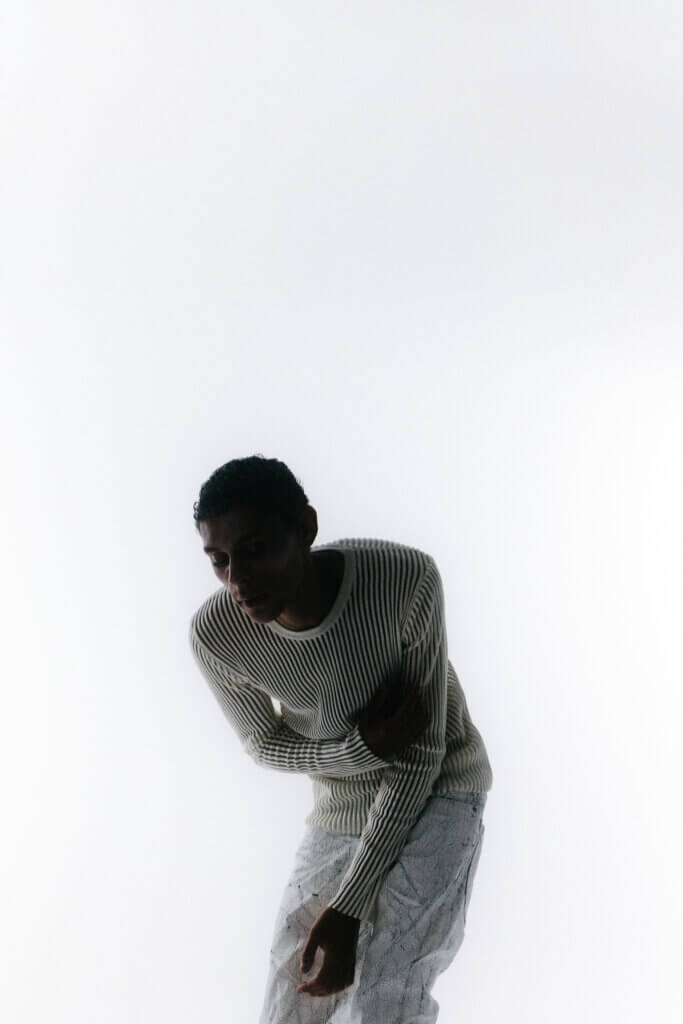
“The best music is stuff you create when you’re listening to it, and you can understand yourself a bit better.“
Top: Helmut Lang
Pants: MM6
And then when you produced it, did you do it all by yourself, or did you have a team that helped you
G: I have a group of people that give me advice on taste. Sometimes when you work on something for days, hours, months, years, you lose the gut feeling. So, it’s good to have people that are constantly listening to high-level things. That feedback loop was the most important thing.
In terms of producing and playing the instruments, it was pretty much all me. There’s [songs] like Eden, for example. I brought all my favorite musicians into a room. Just for fun. And it turned out quite well. I got a cool loop out of it, and then I just wrote a whole song on top of it.
Instruments are a huge part of your sound. What instruments do you play and which ones do you most like to incorporate into your music? What was the first instrument you started with from a young age?
G: I’ve always been playing instruments. The first instrument I played was drums, and then I learned guitar, piano and bass. I love rhythms, specifically Black rhythms. Luckily, I have been endowed with one half of my heritage to be able to access those rhythms. And I very much love jazz and instrumental music. I’ve been recently trying to think about how to incorporate them in a way that feels modern. Those real instrumentals start feeling old, but I don’t think they’ll ever get old. I mean, it’s the basis of music.
Do you see playing instruments, producing, and singing as separate entities in your work? Or does it all just mesh together for you?
G:I see a song as a production and the vocals: 50% production, 50% vocal. I see vocals and instrumental as the two separate things, which is the LA style. But when you’re doing them all at the same time, I think the best is to really blend them as well as you can. When it’s about finishing it, producing it further, I see them as separate parts.
You have produced soundtracks for the SF1OG Fashion shows this year and last year. Is curating music a big part of your work?
G: It was just a fun thing I wanted to do, just because I’ve been in the fashion world for a little bit. Fashion soundtracks are a niche thing for a music producer to really land in. It requires an understanding of fashion and high fashion, and also a good understanding of music production. And since I’m active in both of those realms, it gives you a little bit of air. It lets you understand.
Did you produce some of the music from the shows? What inspired the soundtracks and pieces you chose?
G: I produced all the music and wrote the songs. Because they can’t license music, that costs extra. But I have a lot of fun doing it. For this last one, I wrote a little song for the ending piece. The ending piece is what I really love.
Your first musical release came with a show concept where you played in an empty room until it filled up with people, ending with a performance in front of a large crowd. How did you come up with this concept and why did you choose to release music this way?
G: Elevator Boys. I was making this project, and I got in contact with my now very close friend Ben Esser, who’s a producer. I showed him the elevator boys. They had a song that they were coming out with and played at a festival. They didn’t sing. They just walked around on the stage and recorded themselves. And on Instagram, they said, “First song, 80,000 people, new boy band.” It was crazy because it was all true. As someone who has never released music, we wanted to take that effect and plug it into this idea that he was already growing. Then we just came up with this plan of how to do something that’s utilizing the unreleased music, and growing shows was something that was a part of the entertainment.
Is performing a release for you, or do you feel a sense of character switch on stage (or both)?
G: It’s definitely a switch. On stage, I amplify everything that I feel. I’m generally super chill when I’m off stage, but I think it’s boring to just be chilling. I mean, sometimes it can be cool in the right moments, still people should feel like they’re watching something entertaining instead of just someone standing on stage and saying whatever. So, yeah, it’s definitely a personality switch. But the more I perform, the more I start feeling myself on stage. It’s really nice. It gets more and more connected.
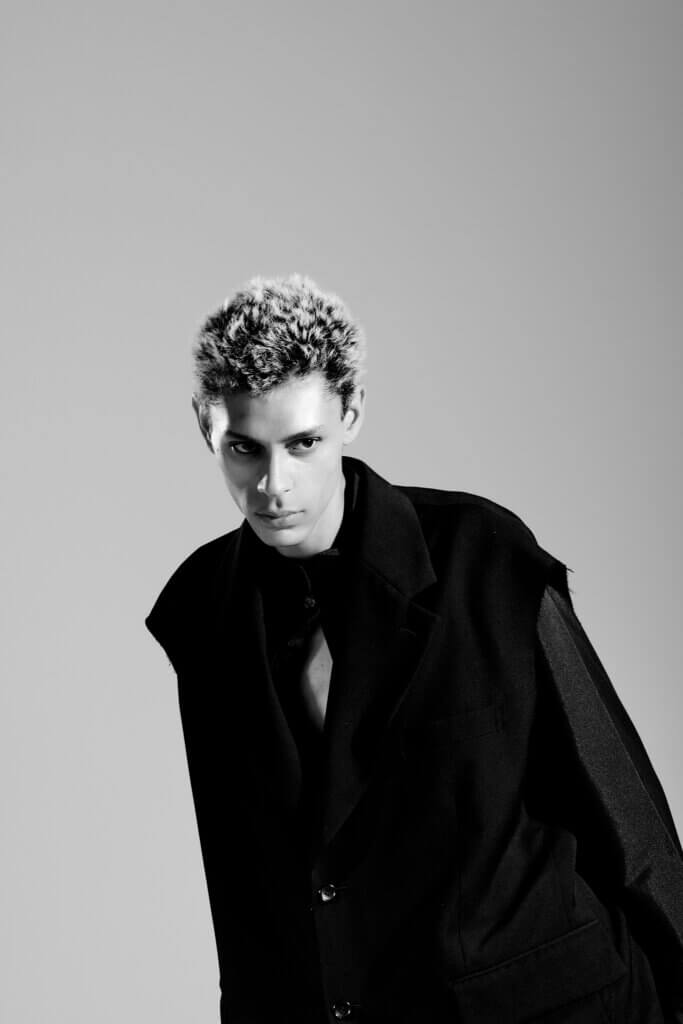
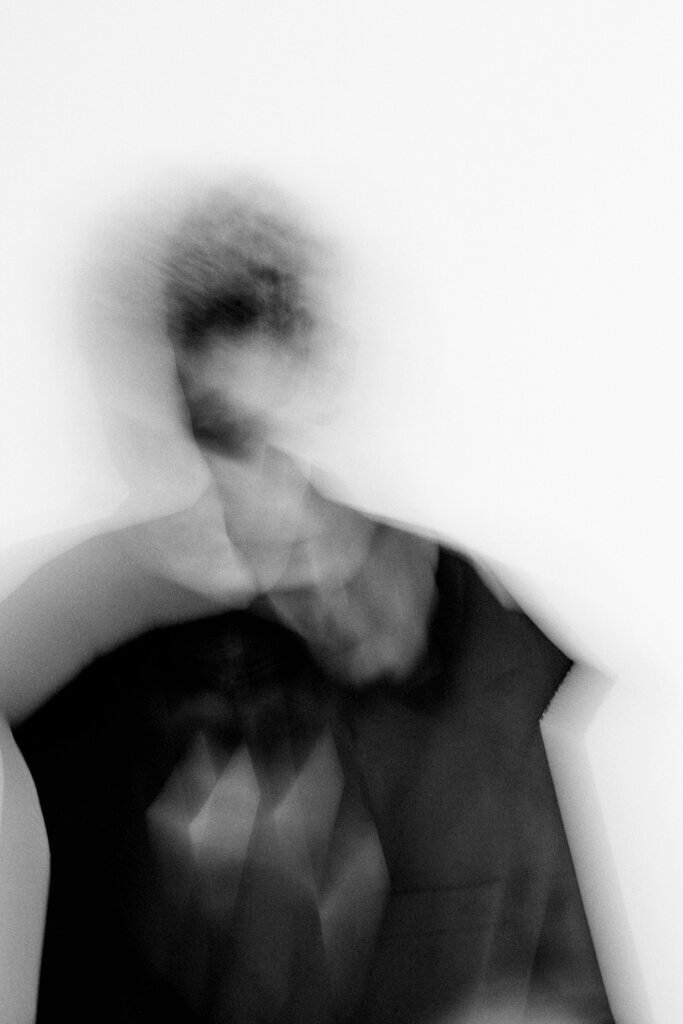
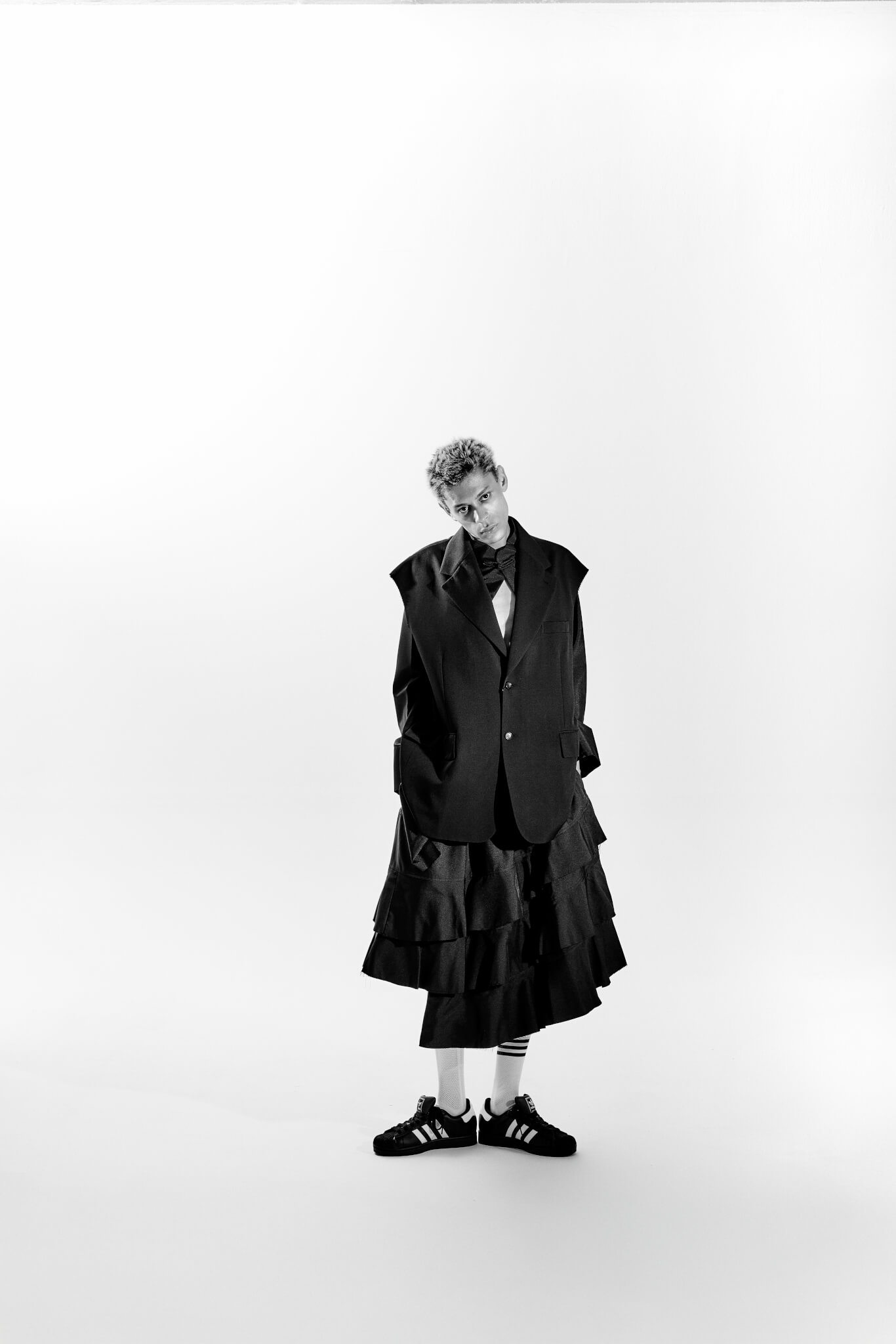
Full Look – Comme des Garçons
Shoes: Adidas originals SuperStars
Instagram story sneak peaks of your next releases aka leaking our own music is a common practice for you. What can we expect from your sound next? Is another album in the works?
G: I love to leak. I always like to keep stuff, I’m never sure if it’s ready or not. But then sometimes I’m just like, why not? And I think nowadays, especially, leaking culture is the way to do it.
I’m working on something fresh. It’s still with the vocals quite smooth and pretty, but a bit more of a grunge, and still very psychedelic. I’ve been in the studio and I’ve written about 100 songs now. I’m working with people in LA, working with people in Shanghai. I’m still producing everything further from where we started it, while having some more tastemakers in the room, specifically for each song. After LUXE, I’ve been building my own identity as an artist, having learned more about myself and cultures, and what works.
Where would you like your sound and music to take you in the future? Do you prefer sticking to a genre, or can we expect some experimentation? You mentioned that now you’re going for a grungier sound, and you’re still using your vocals. Would you like to keep switching it up?
G: I previously assumed my issue was that I can never really stick to one genre. Every song sounds different. I’m very much experimental, and I love to just create and stick to this gut feeling of “that’s cool”. I don’t care what it is. It’s not cool because I’m trying to do something. It’s cool just because I feel positive. It brings me to an emotion that I like, so I’m definitely always going to be experimenting.
If you could tell your younger self one thing about how to approve music, what would you tell them?
G: To think about it less. I can even tell myself right now not to overthink it too much. Understanding is one thing; you understand it, and then you create it. You don’t create it and then understand what you’re creating. And first takes are always amazing because you’re not thinking. When you start recording things 20 times over, people can hear that in the record. People can hear this is the 20th time you’re saying that line. So, don’t overthink it too much. Release and keep momentum.
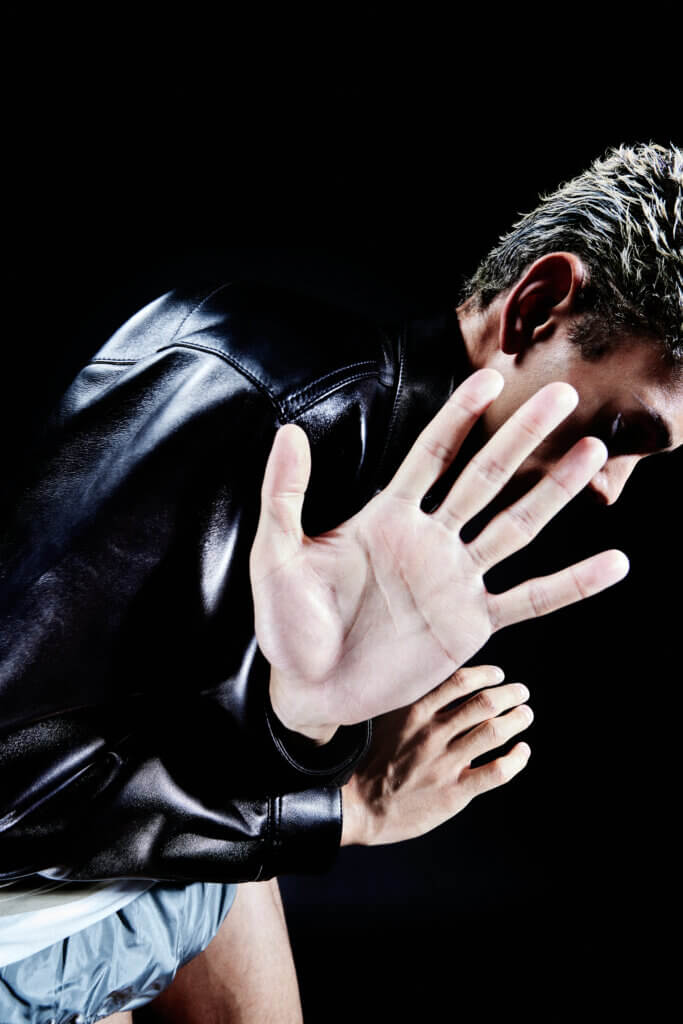
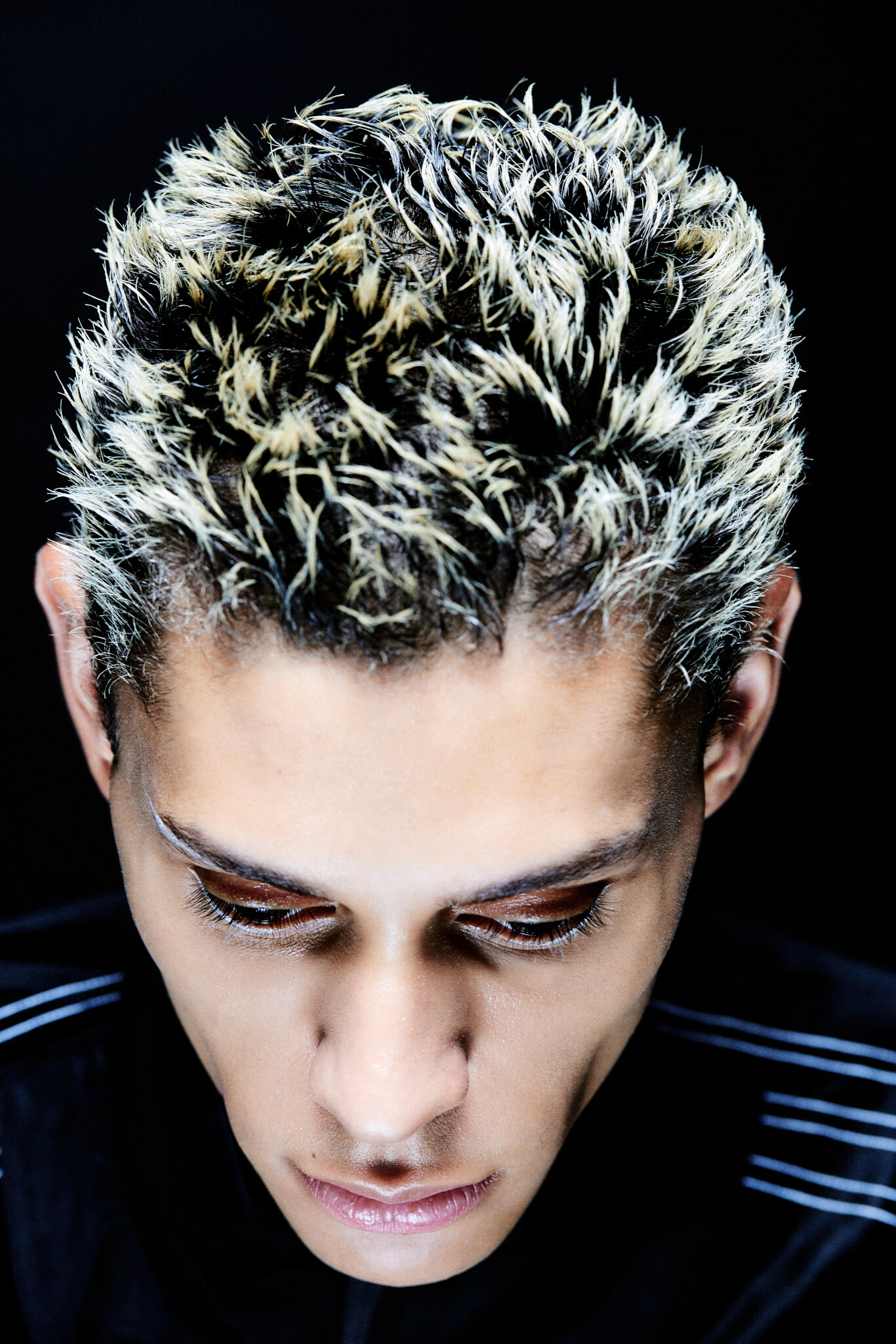
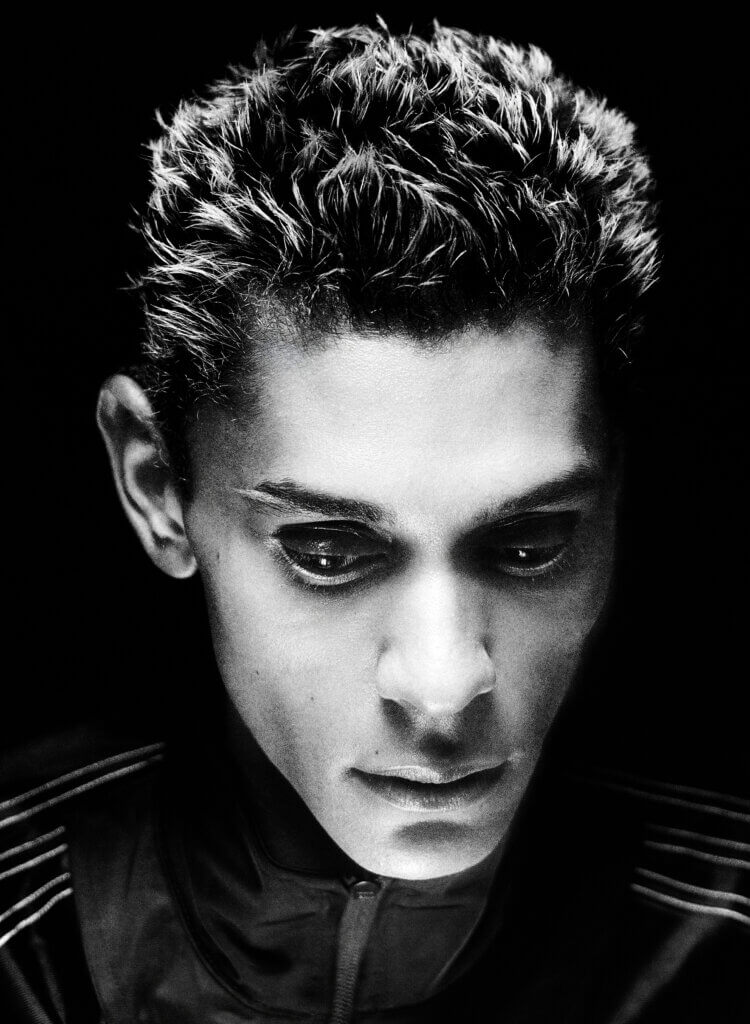
Jacket: adidas
Top & Bottom: Miu Miu
Credits:
Talent: Gavriel August
Photographer: Szymon Stępniak
Styling: Neslihan Değerli
Make-up: Lee Hyongsoon
Hair: Masayuki Yuasa
Producer: Enlil Isik
Photo Assistants: Karolina Jul & Benedek Tikk
Managing Editor: Jasmin Kraenzel








